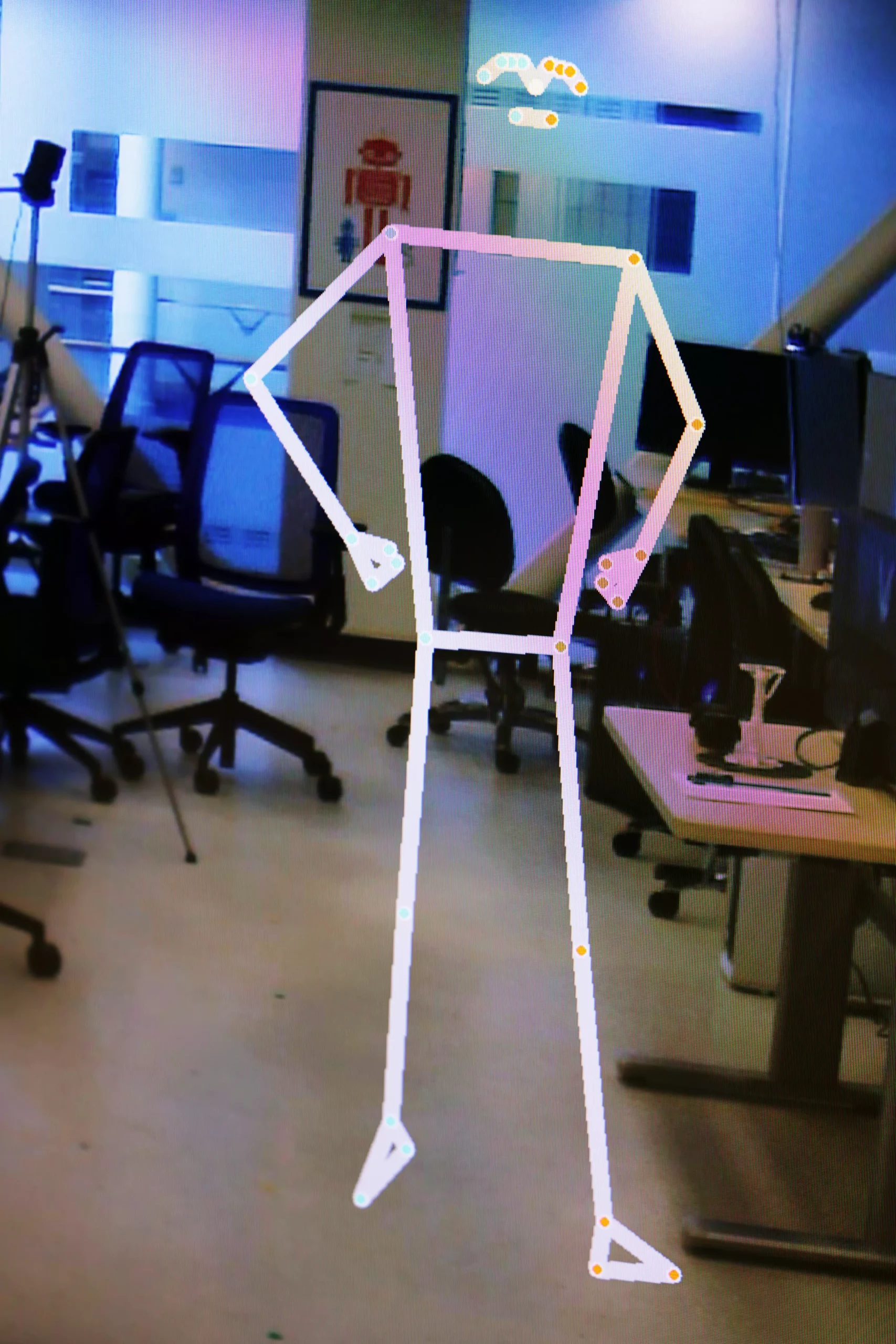In today’s digital age, privacy concerns are at the forefront of technological advancements. With the rise of camera-equipped devices in our homes and public spaces, there is a growing need for innovative solutions to protect individuals from having their private moments leaked onto the internet. One such solution is PrivacyLens, a new camera developed by University of Michigan engineers, which aims to prevent companies from collecting embarrassing and identifiable photos and videos.
PrivacyLens utilizes both a standard video camera and a heat-sensing camera to identify people in images based on their body temperature. Once a person is detected, their likeness is replaced by a generic stick figure that mimics their movements. This feature allows devices to function without revealing the identity of the individual in front of the camera, providing an extra layer of anonymity and privacy protection.
The need for privacy protection is evident as incidents like a photo of a person on the toilet being shared on social media due to a camera-equipped device demonstrate the importance of safeguarding personal data. Many consumers are unaware of the extent to which their data is being collected and streamed to manufacturers’ servers, highlighting the necessity for privacy-enhancing technologies like PrivacyLens.
Beyond the realm of personal privacy, PrivacyLens also has potential applications in the healthcare industry. The technology could make patients more comfortable with using cameras to monitor chronic health conditions and fitness at home. By replacing patients with stick figures in images, PrivacyLens preserves patient privacy while still providing valuable medical data for monitoring health and well-being.
One of the key features of PrivacyLens is the inclusion of a sliding privacy scale that allows users to control how much of their faces and bodies are censored in images. This level of control empowers individuals to protect their private information and decide who has access to it, further enhancing user privacy and security.
PrivacyLens isn’t limited to personal use; it also has potential applications in public spaces. By utilizing the technology, vehicle manufacturers could prevent autonomous vehicles from being used as surveillance drones, and companies collecting data outdoors could comply with privacy laws more effectively. This demonstrates the versatility and wide-reaching impact of PrivacyLens in various industries.
PrivacyLens represents a significant advancement in the field of privacy protection and data security. By leveraging innovative technology to replace identifiable images with generic stick figures, PrivacyLens offers a solution to the increasing privacy concerns in our camera-equipped world. With its potential applications in healthcare, user control features, and public space use cases, PrivacyLens is poised to revolutionize the way we approach privacy in the digital age.


Leave a Reply